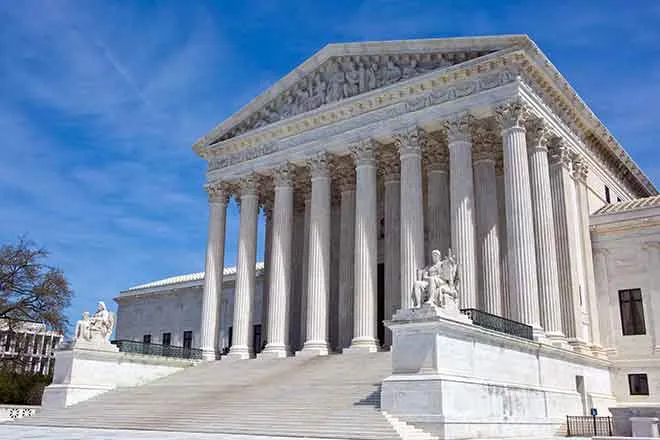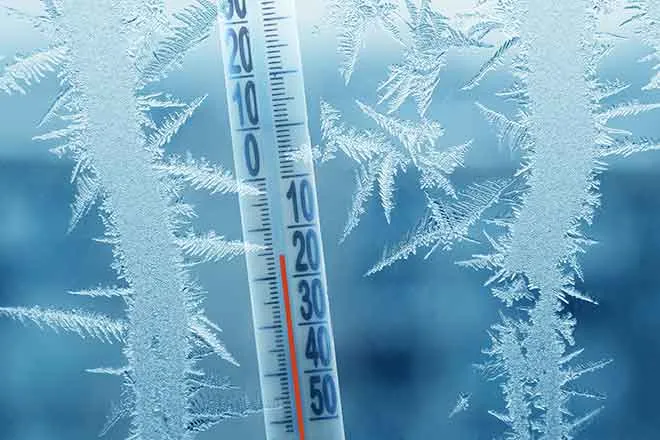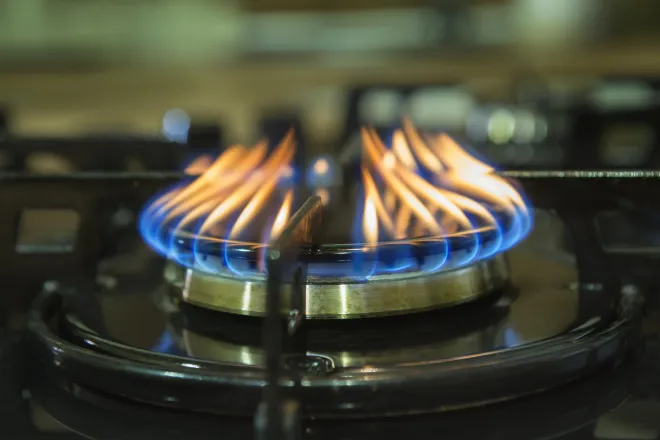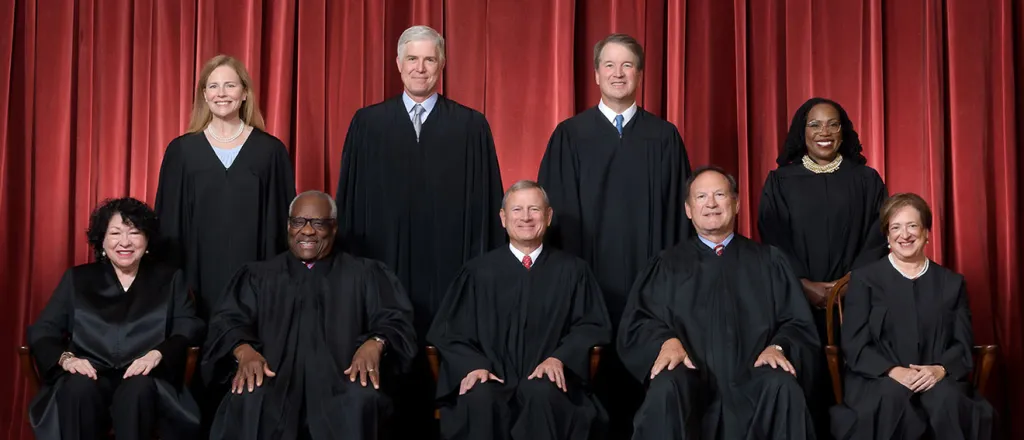
With case at Supreme Court, Colorado’s Weiser defends ban on conversion therapy for minors
Colorado Attorney General Phil Weiser filed a brief Tuesday outlining the state’s arguments defending a 2019 Colorado law that bans conversion therapy for minors in a case before the U.S. Supreme Court.
The case concerns a Colorado state law that bans conversion therapy, the practice of trying to change a person’s sexual orientation, such as to eliminate same-sex attraction, or gender identity. Conservative religious law firm Alliance Defending Freedom represents the plaintiff, Kaley Chiles, a Colorado Springs counselor who argues the Colorado law violates a counselor’s right to free speech by prohibiting certain conversations related to gender and sexuality.
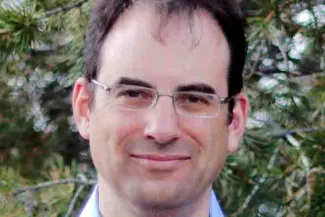
Phil Weiser
The named defendant in the case is Patty Salazar, executive director of the Colorado Department of Regulatory Agencies. The Supreme Court decided to hear the case in March, and will hear arguments in the case during its term that starts in October.
Colorado law protects patients from receiving “substandard care” and that conversion therapy has been regulated in the U.S. for more than a century, Weiser said in a press conference Tuesday. He said the law does not prohibit a provider from “sharing information, content, or viewpoints with a patient,” and therapists are still permitted to tell patients about conversion practices offered by religious entities or others.
“There’s never been a First Amendment objection to protecting patients and prohibiting substandard … care regardless of whether or not the care is carried out through words,” Weiser said.
About half of U.S. states and Washington, D.C., ban conversion therapy, and the American Medical Association opposes it. The Human Rights Campaign, a national organization that advocates equality for all LGBTQ+ people, says “every mainstream medical and mental health organization” has rejected the practice for decades and that it can lead to depression, anxiety, drug use, homelessness and suicide, particularly for minors.
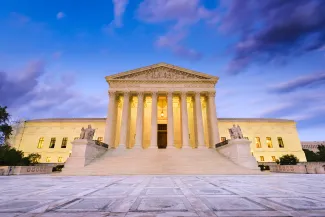
© iStock - SeanPavonePhoto
The 2019 law prohibits licensed psychiatrists and mental health care providers from “engaging in conversion therapy” with patients under 18 years old. Providers who conduct conversion therapy are subject to disciplinary action from the appropriate licensing board, though Weiser said the state hasn’t taken disciplinary action against any providers since the law went into effect.
“There have never been any disciplinary actions against the therapist in this case,” Weiser said of Chiles. “None of what the therapist is alleging actually appears to violate Colorado law, because she says that she’s not trying to change a patient’s sexual orientation or gender identity.”
Chiles’ petition to the Supreme Court says she is a practicing Christian who “believes that people flourish when they live consistently with God’s design, including their biological sex.” It says she views her career “as an outgrowth of her faith” and that many clients come to her because of her Christianity.
A ruling against the state would open the possibility to challenging other licensing and malpractice processes, Weiser said. The brief the state filed says, “From this country’s infancy, states have exercised their power to regulate professional healthcare treatment to protect patients from substandard care,” and that has always included treatments performed with words like therapy.
“What is at stake is whether or not the Supreme Court opens up a First Amendment exemption to professional licensing and malpractice systems that are designed to prevent patients from suffering substandard care, and that is the core argument we make in our brief,” Weiser said. “The Supreme Court has never created such an exemption before. They shouldn’t do so now.”
According to The Associated Press, the court declined to review a similar challenge in 2023. While the 10th U.S. Circuit Court of Appeals has upheld the Colorado law, the 11th U.S. Circuit Court of Appeals has struck down local bans on conversion therapy in Florida.




